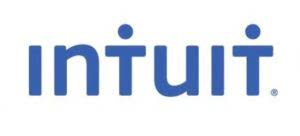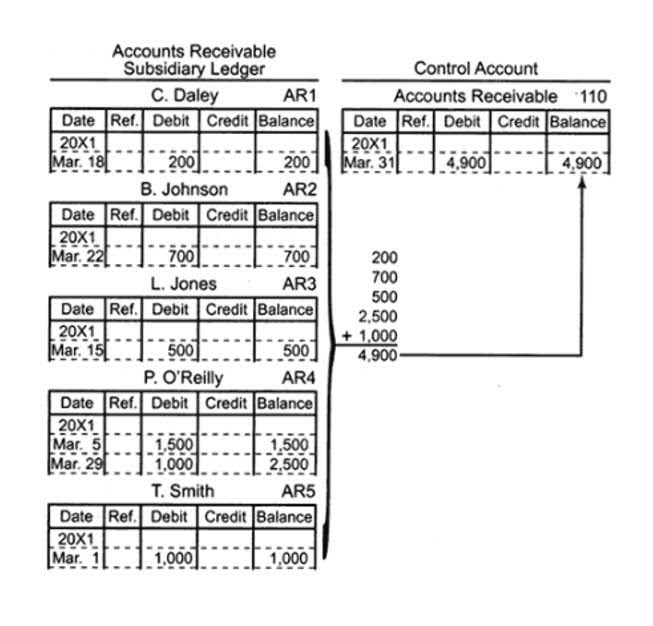What is FASB Financial Accounting Standards Board? Definition Meaning Example

ASC 606 is the revenue recognition standard established by the FASB and IASB that governs how revenue generated by public and private companies is recorded in their financial statements. As a nonprofit organization, FASB ensures that financial statements are transparent, consistent, and easily comparable to provide a clear picture of a company’s financial health. FASB is responsible for setting and updating GAAP standards, but it is not the only organization that has a say in this process.
Conceptual Framework

GAAP also helps to ensure that financial statements are accurate and transparent, which is important for maintaining public trust in the financial reporting process. The Financial accounting standards Board (FASB) is a private, non-profit organization established in 1973. Its primary mission is to establish https://www.podcastreachnetwork.com/bookkeeping-for-auto-repair-shops/ and improve financial accounting standards in the United States. The FASB, on the other hand, is a private-sector entity that establishes accounting standards for public companies and non-profit organizations. Its primary goal is to develop and improve generally accepted accounting principles in the United States to ensure consistency and transparency in financial reporting.
Impact on Transparency and Comparability of Financial Statements
FASB’s strict standards ensure financial statements are transparent and comparable. This clarity lets people analyze data effectively and make informed decisions. It promotes a stable financial environment, crucial for market efficiency. The FASB focuses on improving and upkeeping Generally Accepted Accounting Principles (GAAP) in the U.S. It’s crucial in making financial reports consistent, which builds investor confidence. This is done by regularly updating accounting standards to match business changes.
Leading up to the codification process
At the same time, there is a need for simplification of GAAP to make it more accessible and user-friendly. Additionally, there should be a continued effort to align GAAP with international accounting standards to facilitate global business operations. Ultimately, the goal of GAAP and FASB should be to provide a clear and consistent set of accounting standards that businesses can rely on to make informed financial decisions. The Financial Accounting Standards Board (FASB) is a private, non-profit organization that establishes and improves accounting standards in the United States. However, the FASB is not the only regulatory body that plays a role in the accounting industry.

Companies must assess the effectiveness of their hedging strategies, documenting how these instruments meet the criteria for hedge accounting. This involves demonstrating that the hedge is expected to be effective in offsetting changes in fair value or cash flows attributable to the hedged risk. Proper documentation determines whether gains and losses on the hedging instrument are recognized in earnings in the same period as the hedged item. Verifiability maintains the integrity of financial reporting, ensuring that different knowledgeable and independent observers can agree on a particular depiction.
Financial data should be timely and have predictive or confirmatory value. One key aspect of FASB’s work is its gym bookkeeping collaboration with other national and international standard-setters. This includes the International Accounting Standards Board (IASB), which aims to develop a single set of high-quality, globally accepted accounting standards. Working together, these organizations help to promote consistency and comparability in financial reporting around the world. As businesses become increasingly global, there is a growing need for convergence between GAAP and international accounting standards. The International Accounting Standards Board (IASB) is responsible for setting international accounting standards, and there have been efforts to align these standards with GAAP.
Who’s the board behind Financial Accounting Standards Board (as of May ?

This game-changing organization was a response to the accounting scandals and financial crises of the time. Its creation marked a turning point in the way businesses and organizations would report their financial information, bringing much needed transparency and trust to the financial world. For example, publicly traded companies in the United States are required to follow GAAP standards under the Securities and Exchange Commission (SEC) regulations.

- This process culminates in the issuance of an “Exposure Draft,” which is a preliminary version of the new or amended standard.
- To ensure relevance and reliability, companies must use accurate and consistent accounting methods and must disclose all relevant information in their financial statements.
- FASB (Financial Accounting Standards Board) is the organization responsible for setting and updating these standards.
- The result was the FASB Accounting Standards Codification, which became effective for interim and annual periods ending after September 15, 2009.
- Understanding financial instruments and hedging strategies is essential for managing risk and optimizing financial performance.
- Financial data should be timely and have predictive or confirmatory value.
For example, investors can use financial statements to determine whether to invest in what is fasb a company or not. Overall, the history of FASB and GAAP highlights the importance of having a single set of accounting standards that are widely accepted and used. While GAAP has its challenges, it remains the standard framework for financial reporting in the United States. As the business environment continues to evolve, it will be important for FASB to continue to update and improve GAAP to ensure that it remains relevant and useful for companies and stakeholders alike. GAAP provides a framework for financial reporting that is widely accepted and used by companies across the country.
- This transparency is valuable for investors and stakeholders who rely on accurate financial data to assess a company’s financial health and operational efficiency.
- Accrual accounting records transactions when they are earned rather than when money changes hands.
- GAAP exists, other than guidance issued by the Securities and Exchange Commission (SEC).
- The future of GAAP and FASB is a topic of great interest for accountants and finance professionals alike.
- This is done by regularly updating accounting standards to match business changes.
- For example, FASB collaborates with the International Accounting Standards Board (IASB) to develop high-quality, globally accepted accounting standards.
- This tool is useful for very specific inquiries or when the appropriate Topic is not immediately obvious.
Navigating the Codification System
The Financial Accounting Standards Board (FASB) plays a key role in shaping financial reporting and accounting practices. By establishing standards for preparing financial statements, FASB ensures consistency, transparency, and reliability for stakeholders. These standards provide a framework for companies, enabling investors to make informed decisions based on comparable financial information. The Generally Accepted Accounting Principles (GAAP) are a set of guidelines and principles that companies follow when preparing financial statements. These principles have been established by the Financial Accounting Standards Board (FASB), which is responsible for setting accounting standards in the United States. The principles of GAAP are important because they ensure that financial statements are accurate, reliable, and consistent across different companies and industries.
